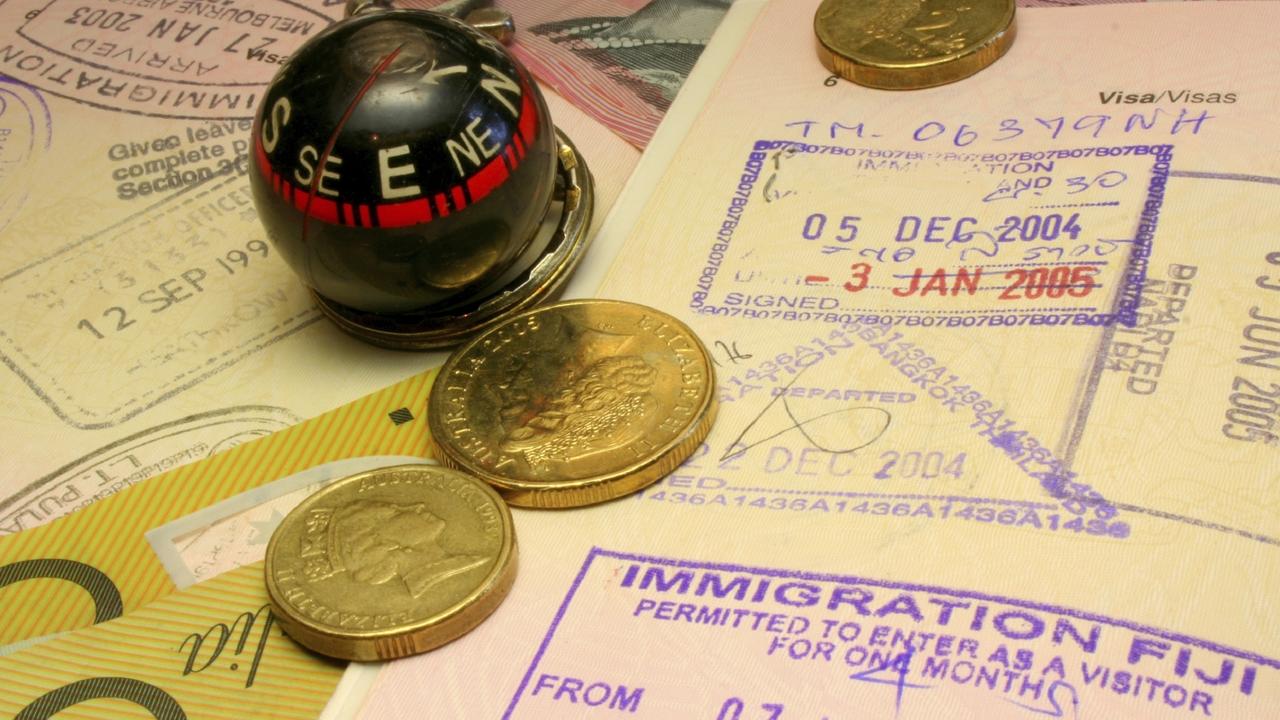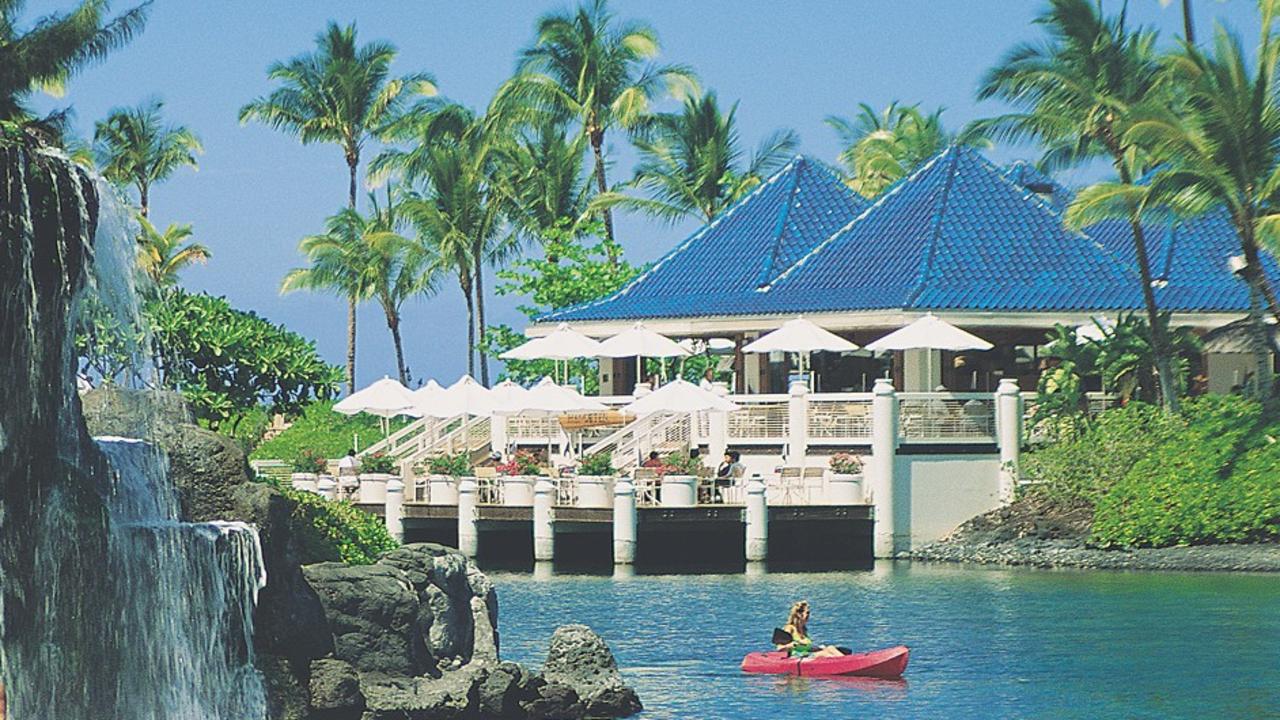How we spent four months in Europe with free meals and accommodation
FORGET backpacking. Now there's an even cheaper way to travel in Europe for months at a time. If you're willing to put in a bit of hard work along the way, that is.
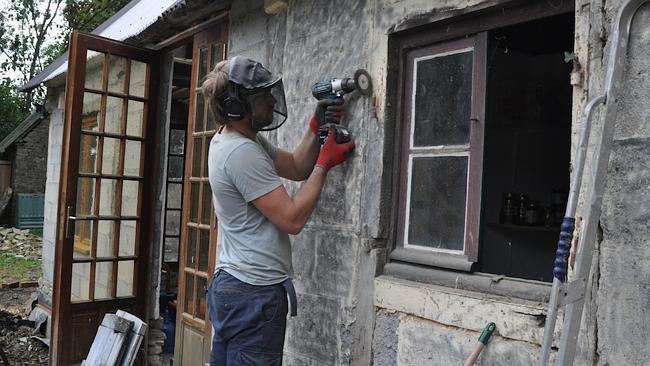
Advice
Don't miss out on the headlines from Advice. Followed categories will be added to My News.
LAURA and Owen McDonald always wanted to travel Europe together.
Married in May, 2012, this couple from Sydney dreamed of living in France, Italy and the United Kingdom and soaking up the culture before they returned to 'settle down' and have a family back in Australia.
In 2009, Laura lived in France as an Au Pair for nine months, caring for three children and living in a château in the heart of a picturesque French village. She quickly picked up the language and immersed herself in the French way of life.
Owen backpacked through Vietnam and worked at a ski resort in Canada for three months after graduating from school. Ever since, they have both been passionate about travel, good food and experiencing a country's culture to the fullest.
In August 2013, after Laura completed her final university exams and Owen took four months leave from work, they flew to the other side of the world from Sydney. Owen and Laura planned to spend four months travelling through France, Italy and the UK, paying only for transport and sightseeing. Almost all of their accommodation and food would be free.
No, they didn't win a competition, or become travel writers. They became farm-helpers, working a few hours a day for board and food in some of the most beautiful places in the world.
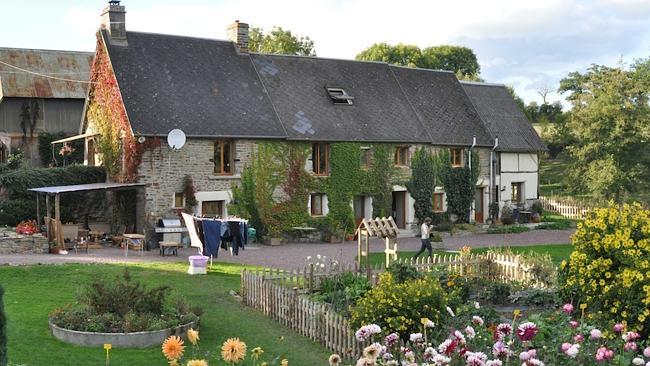
How did you find out about farm stays in Europe?
We were looking for cheaper options for accommodation and we wanted to experience authentic culture, not just do the typical tourist things. I had a conversation with Owen's mother about staying in Monasteries in Europe and I thought, why not stay on a farm? I googled 'working on farms in Europe' and the site workaway.info came up. There are other sites too, but this was the one we chose.
We wanted to spend four months travelling, but didn't want to fork out our entire life savings to do it. Using the workaway method, we were able to save money and have wonderful authentic cultural experiences.
Was there a sign-up fee for workaway.info?
You pay a one-off fee of 22.00 euros for a single person, and 29.00 euros for a couple. Your membership lasts for two years and it enables you to access all the hosts' profiles. You can do workaways in almost any country in the world!
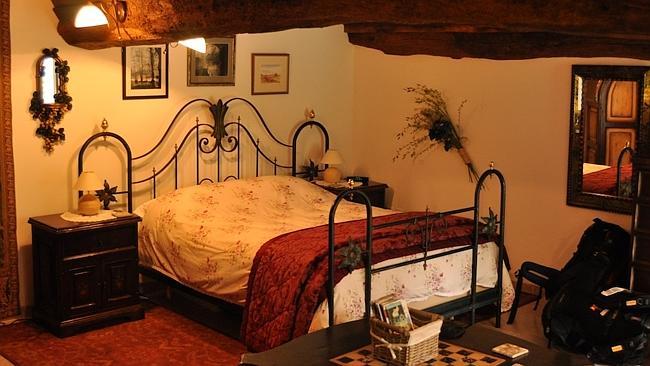
How do farm stays work?
Basically, the deal is that you work five hours a day, five days a week, and [in return] you receive free accommodation and three meals a day. Some hosts can be quite flexible with the work arrangement. As long as you do 25 hours a week, most of them don't mind if you take an extra day off, but it's a good idea to talk to them about it first.
Other then that, each workaway experience can differ in terms of type of accommodation (from luxurious B&B accommodation, to tents or caravans), the work involved (anything from gardening to building, helping with animals, cleaning, shopping, childminding and cooking) and how flexible the hosts are. Each of our hosts has let us do extra hours each day in order to take a long weekend to travel locally.
What have your farm stay experiences been like?
Our workaway experiences have been very different, and we planned it this way so that we could experience a variety of cultures, homes and types of work.
Our first experience was with a retired English couple who were renovating a derelict barn in Swiss Normandy in France, while also running a bed and breakfast.
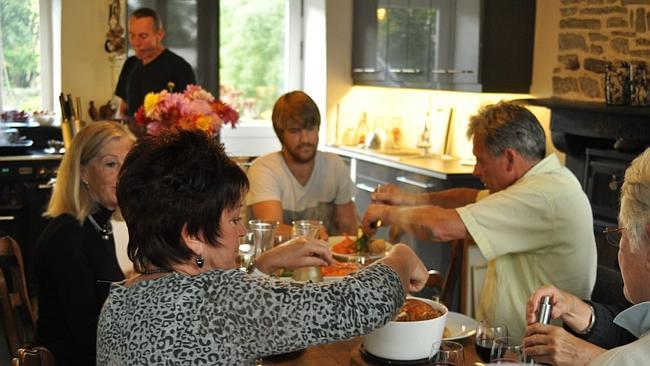
We were seamlessly included in their daily activities, and worked alongside them most days. They were very patient with our lack of agricultural knowledge and at every opportunity thanked us for the work we did.
We had private accommodation in the house with our own bathroom, and we ate with our hosts for every meal. We felt very much a part of the local community, and were given the opportunity to do daily bread runs in the morning, borrow the car to drive into town and meet their friends. We were the only workers there.
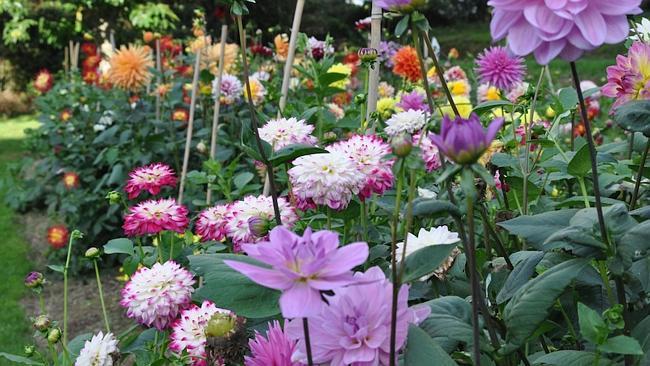
Our second workaway experience was with a younger couple who had two young girls, aged five and two. Our accommodation and meals differed slightly in this homestay, as we stayed in a separate house opposite the family house. We had our own kitchen and they filled our fridge with food for us to cook with.
This arrangement worked nicely as we had a workaway flatmate and two other workaway volunteers next door, and often cooked and shared a meal together. We formed our own little workaway family and now have new friends from England, Spain and Sweden to keep in contact with.
The village was very remote, but we embraced the isolation and peace and quiet while we were there. Some of the experiences the hosts arranged for us included a pasta cooking lesson with a real life Nonna, a hunting excursion for wild boar, and a trip into the walled city of Lucca. We also met a retired English couple who were excellent ex-chefs. They generously gave us some of their favourite Italian recipes.
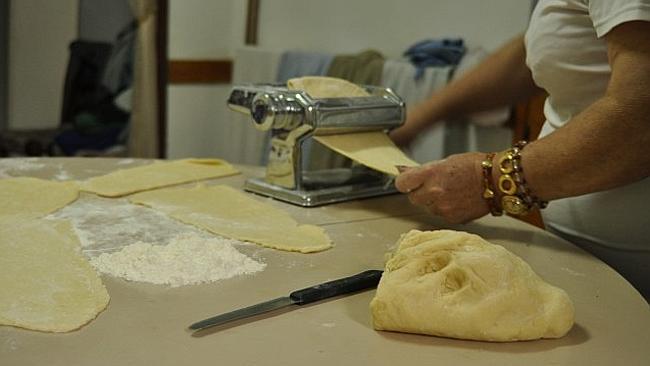
We are currently on our third farm stay in east Italy, near a little village called Montefortino. Our hosts are vibrant people who offer a fair balance of work and play. They have a hobby farm with chickens, geese, ducks, goats, two dogs and two cats.
Is it all work and no play?
Often we didn't even feel like we were working. When you're working alongside pleasant people and are surrounded by beautiful countryside, it doesn't seem like traditional work. You couldn't imagine being stuck behind a desk in a depressing office block in a bustling, air-polluted city. Once your five hours are finished each day, the rest of the day is yours.
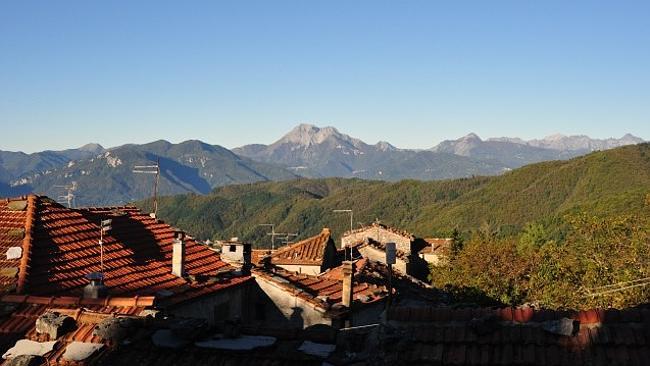
What kind of jobs have you done so far?
We imagined being up at the crack of dawn to start ploughing the fields and milking the cows, but it was quite the contrary. We slept in most mornings and didn't start work till about midday. This suited us just fine.
Work around the house included maintaining and weeding the Dahlia's and veggie patch, mowing the grass, using a ride-on mower and an industrial whipper-snipper and cleaning the B&B accommodation.
We sanded and lacquered an oak table, pulled vines off the exterior walls and used electric tools to clean the surface in preparation for rendering. We painted the oak beams on the outside of the toolshed, took rubbish to the dechetterie (the tip) and wood-chipped an entire walnut tree that had fallen down in a storm.

At times, Owen was mostly outside doing jobs that required a bit of elbow grease. He stripped the bark off about 50 felled tree trunks to build a retaining wall, levelled some ground to eventually dig a pool, cut fire wood, moved heavy pot plants, painted the inside of the workaway house and basically did any odd jobs that were required.
Owen was positioned on the side of a hill near the top of the mountain, so he had wonderful panoramic views over the valley while he worked.
I, on the other hand spent most of my working time in the family house, helping with housework, sorting out and organising cupboards (which is actually really fun and satisfying) as well and doing some cooking and playing with the children. On my first day, I was asked to wash and chop a whole bunch of fresh veggies from the garden and to turn them into a soup. I was in heaven!
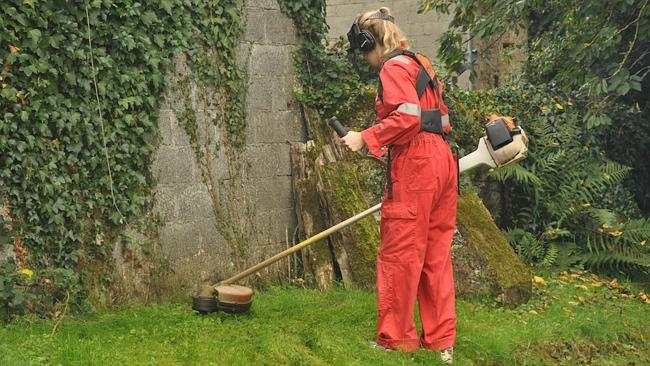
On one farm stay, Owen was invited to go shooting with the local Italian Papas and Nonos. They set off at 6.30am, and drove down to Bagni di Lucca where they met more of their kind and had a tasty cappuccino before they set off - they have their priorities right!
Owen was paired with a burly and rather menacing Italian called Petrov, who was in possession of a 12-gauge shotgun. They were left alone together at the bottom of the valley while the other men walked uphill to scare any wild boar toward Owen and Petrov, planning they could catch the animal by surprise.
For three long hours they sat there, in complete silence due to the language barrier, with only the sound of single shots fired in the distance. Unfortunately, they came back empty-handed but the experience, I'm told, was still worthwhile.
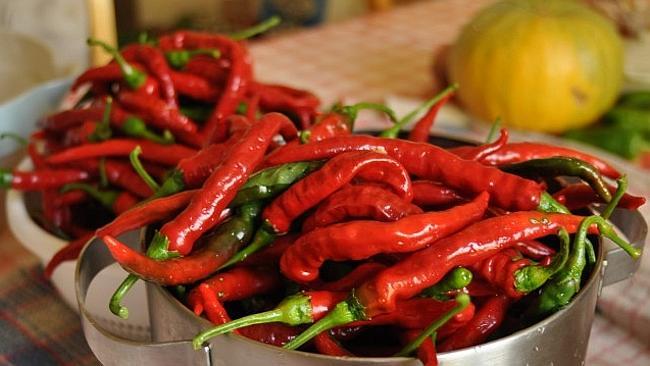
How do farm stays help you experience the culture?
We have both done Europe visiting the tourist attractions and staying in faceless hotels. When you travel like this, you only experience a very small and inauthentic side of the culture. You pay tourist prices, hoarded into museums and attractions with other senseless tourists, and disrespected by almost every local (especially if you make no effort to speak the language and say "Parlez vous Anglais" at every possible moment).
Workaway is a completely unique experience. You get to live with a family in the culture. You eat local food, you meet local people and you have a better chance of learning the language. You also have the opportunity to explore the region on your days off, so you can visit the tourist attractions then.
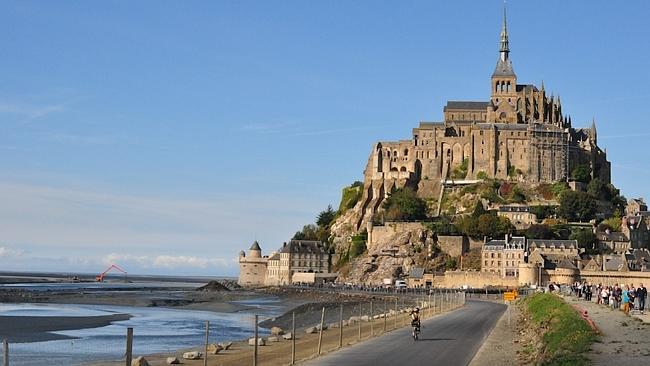
What skills do you need to work on farms?
There are two different types of workaway volunteers.
The first is a person with a trained skill; a builder, a plumber, a landscape designer or a website designer, just to name a few. You can be a huge help to a host who they themselves do not possess these skills. You will be highly sought after.
The second type of person doesn't particularly have one major skill, but is willing to have a go and help out with anything that needs doing. If you are teachable and willing to put in the hard yards, you will also be highly sort after. If you're lucky enough to come across a host that is a patient teacher, you could come away with learning a whole bunch of new skills.
How long would you recommend staying at each farm?
A minimum of two weeks, but ideally more than one month. We found that after two weeks, we were finally getting the hang of things and then we had to pack up and leave. Being able to finish a project is incredibly satisfying.
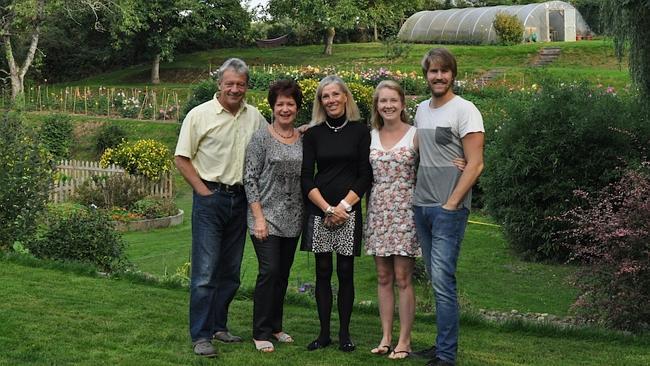
Would you recommend booking in advance or being flexible?
Both, if possible. We booked three farm stays back to back over 6 weeks, and we wish we had allowed more time to travel between destinations.
Also, having more flexibility is great as you can often extend your stay if you really like a place. Doing less is more, as they say and try and stay in the same country as changing languages after a month is really hard.
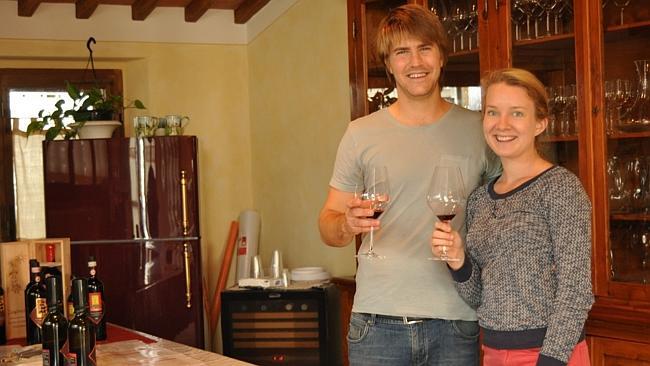
Read Laura's tips for getting the best experience out of workaway on her blog.
Have you stayed on farms when travelling overseas? Share your experiences with us by commenting below or joining the conversation on Twitter @gracekoelma | @newscomauHQ
###

